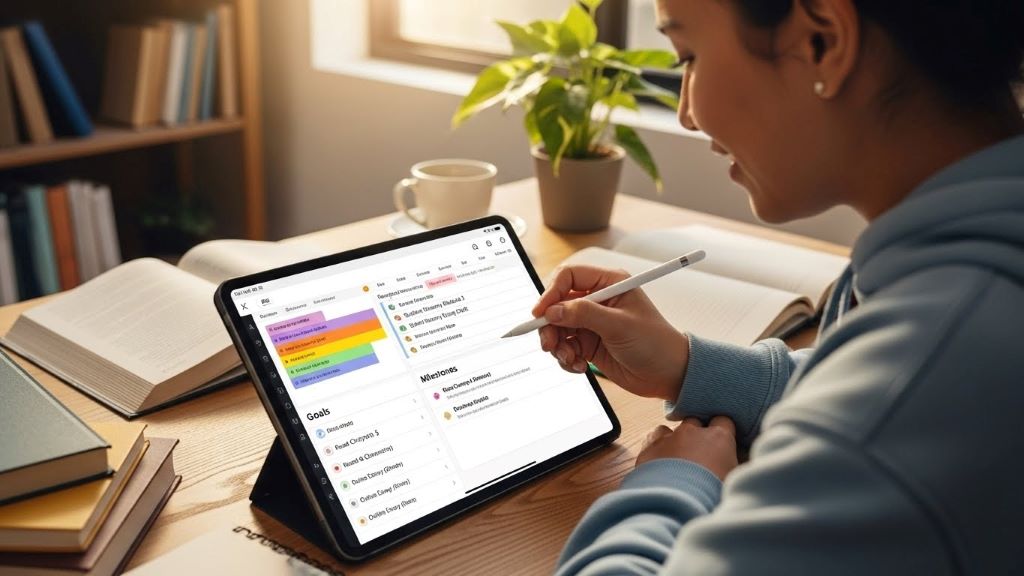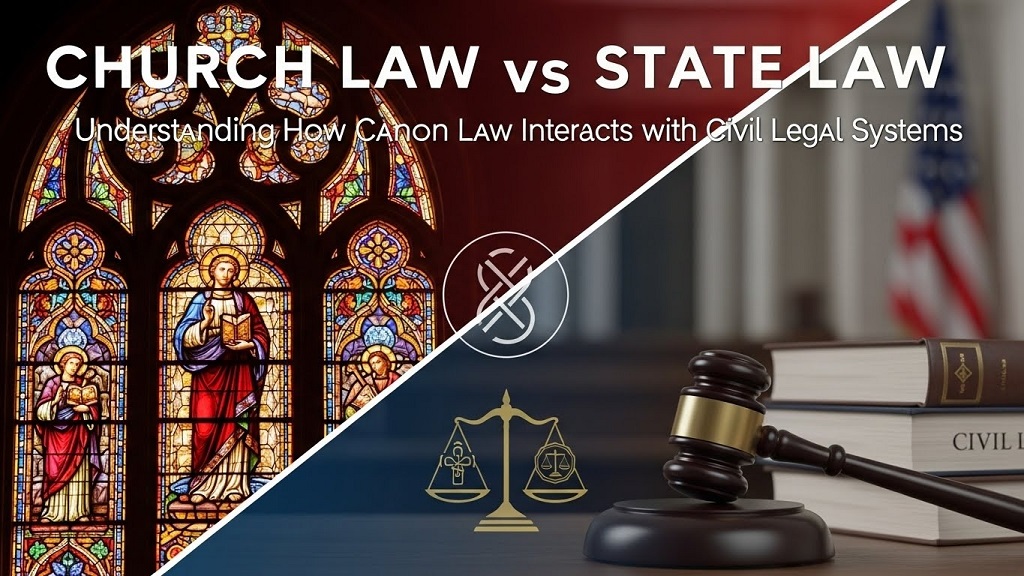You have no reason to study
You know that to move very heavy loads, loads that require a higher force than any man has, are used instruments that are called levels. Well, to move the will, to start their movement in each case, levels are also needed.
Do you know what technical name these levers have in psychology? They have the name of “reasons”. The motives are those levers that move the will. I have guessed what you are thinking at the moment: “I just made the great discovery of my life. It is wonderful that there are levers to move that heavy load that is the study of each day. I agree with you that motives are very important, a great help for the student. But do not come to the false conclusion that makes personal effort unnecessary.
The motives arouse interest, help focus attention, stimulate the desire to learn, lead to an effort. Here the function of motifs ends. From here your effort begins. If this one arrives you will have managed to have much interest in some things, but not to learn those things. You must also know that motives do not arise by themselves, but must be acquired and cultivated.
You should also know that no reason is good: there are good and bad reasons, better and worse than others. I used to tell you that you have a weak will for study. Now I add that the main cause of your problem is that you have no reason to study. You have few reasons and, in addition, they are poor reasons, little valuable. An example of a poor motive: the study to pass an exam. An example of a valuable motive: the study to know.
You move only by incentives.
The study is not something that begets itself, but something that needs to be motivated (stimulated) to arise and to continue. A person is motivated to learn when he discovers that there is a relationship between that learning and some personal need. There is a type of motivation that is based on meeting the student’s external needs. For this, other people (parents and teachers) offer incentives.
Here’s an example: Money, A motorcycle, Going abroad, Letting you out the weekend. This motivation is called extrinsic or incentive. There is a second type of motivation that is based on meeting the student’s internal needs. In addition, it is done by the student himself. The student motivates himself. This is why it is called self-motivation or intrinsic motivation. It is a motivation without incentives without stimuli coming from outside the student. Should you ask yourself what is what moves you, usually, to study, you move, preferably, by incentives or by inner needs motives, self-motivation.
I suspect, you can correct me if I am wrong, that you move only by incentives: only to obtain praise, rewards, good grades, etc., and to avoid possible censorship, punishment, bad grades, etc. This does not just happen to you, it happens to many students. It is not wrong to study with incentives. What is wrong is that this is the only motivation.
You have to resort to both types of motivation, as they complement each other. But self-motivation rather than encouragement should be used, especially after childhood. You will have noticed that a child is able to “kill himself to study” to get a good grade or to be the first of the class.
Older kids, like you, are no longer thrilled with this sort of thing. I advise you to become more self-motivated, not only because it is more in keeping with the interests of your current age, but also because it is a more complete, effective and more formative motivation. The student who knows how to self-motivate needs few or no incentives.







